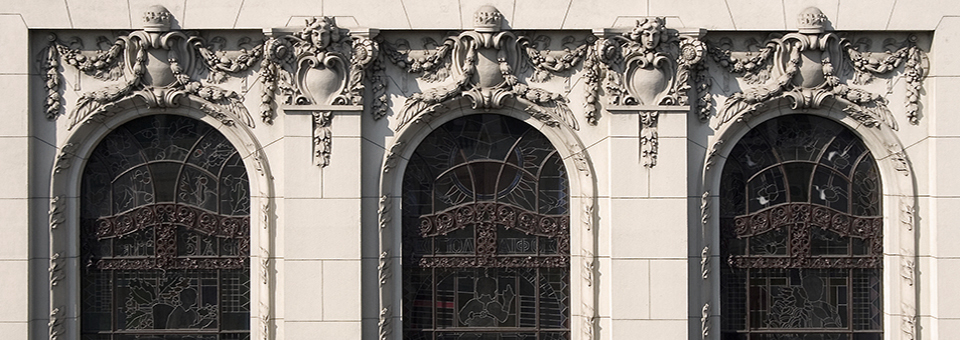During the time I have had the honour of being a member of the Serbian Academy of Sciences and Arts, on many occasions I have been in the position to reassert to what extent it is important for the Academy to be autonomous, independent, impartial, moderate, and dignified in all regards, but also prepared to confront the most complex and relevant social and national issues. In a nutshell, to be worthy of the tradition it maintains and of all those great predecessors’ ghosts who walked its halls and created their scientific and artistic work, as well as the history of the Serbian people, under its roof, the people from which the Academy sprang and wherein it still begets. Therefore, the Serbian Academy has been compelled and entitled to respond to the challenges of difficult times and various summons for the people, the state and its own, which, I dare say, it has always done consistently.
The Academy is a very complex and delicate ‘organism’, a completely unique blend of work and creativity, an invaluable amalgam of its members and structures. The Academy is an active participant in considerations of social trends and processes, a promoter and a bedrock of cooperation with academic, scientific and artistic communities, a public relation determinant and a factor in other numerous important activities, and it has to be managed carefully and skilfully to fulfil its tasks and obligations most advantageously. At this historical moment, the highest institution of sciences and arts in Serbia has found itself in turbulent social and political circumstances, burdened with issues with no quick and easy solutions, deep divisions in both the most strategic and those more mundane, daily-political questions and interests, in the imposed circumstances of relation restructuring and global-level balance of power.
For these reasons, the dilemma the Academy is facing – how and where to next – is not a mere rhetorical question, but the decision to set its present course and determine its immediate and far future. In this sense, I believe I share the opinion of several SASA members that, because of all this, it would be good and reasonable in the coming period to ensure a rational and realistic continuity of the Academy’s work and activities, i.e. management of its tasks and affairs, as an assurance of the peaceful and successful continuation of its mission and a guarantee for the further improvement of those numerous, for the Academy and society as a whole, important and useful existing accomplishment.
Zoran Knežević
President of the Serbian Academy of Sciences and Arts

